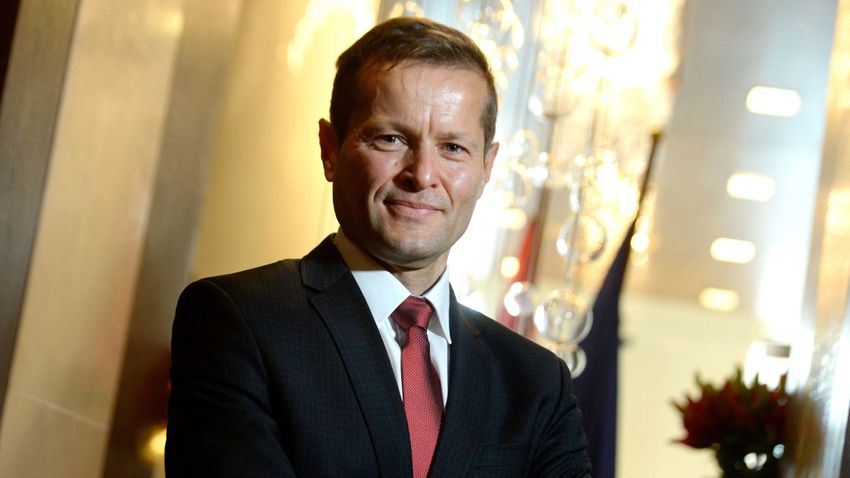After the widely expected Nobel Prize of Katalin Karikó, co-developer of the mRNA medicines that made new Covid-19 vaccines possible, the Royal Swedish Academy announced that another Hungarian, physicist, Ferenc Krausz, will also be awarded the most prestigious scientific prize this year.
Krausz, 61, was jointly awarded the Prize with Pierre Agostini and Anne L’Huillier for their contribution to attosecond physics, the experimental physics field where very short laser bursts — one-quintillionth of a second — fired at electrons can reveal hitherto unknown properties of the small particles.
Krausz, with a dual degree in engineering and physics, was a professor at the Vienna Technical University until 2003, when he was appointed director of the Max Planck Quantum Optics Institute in Garching, Germany.
Last year, Anne L’Huillier and Ferenc Krausz were awarded one of the most important prizes in science, the Wolf Prize for Physics. At the time, he was presented as a Hungarian-Austrian physicist by the Wolf Foundation.
Ferenc Krausz played a major role in the establishment of ELI-ALPS, one of the world’s most modern laser centers, in Szeged, southern Hungary.
“In my current position, I can do the most for the development of universal and Hungarian science. I believe that people should work where they can do it most effectively,” he said when asked where he felt at home.






